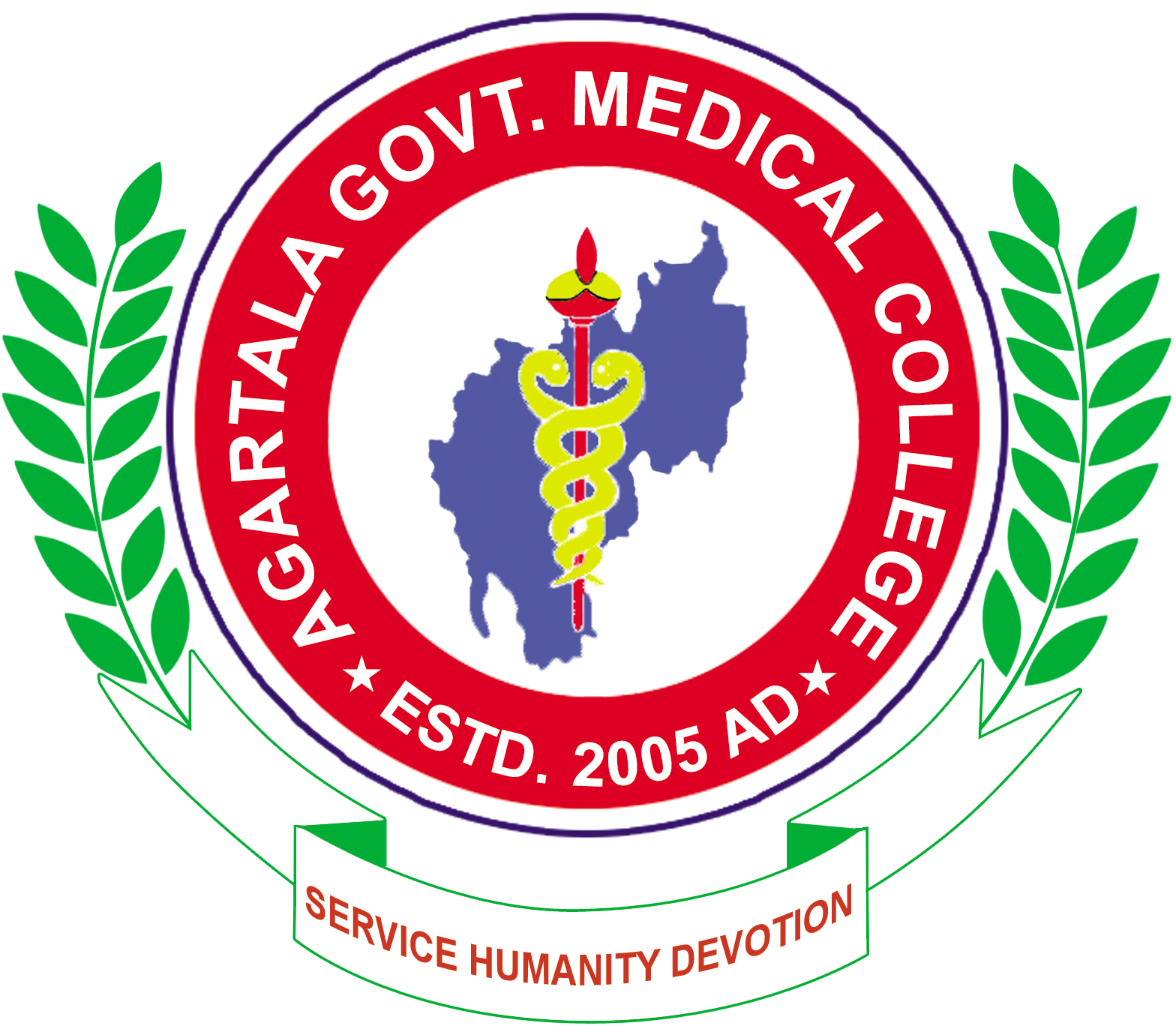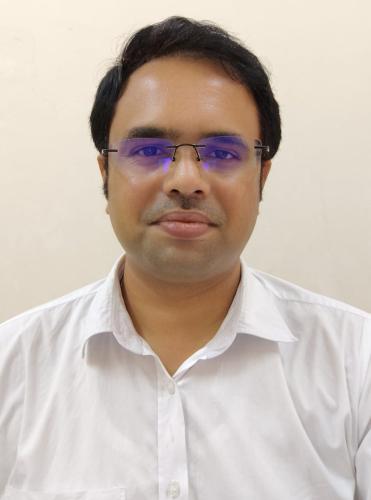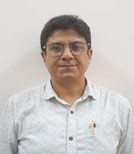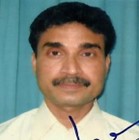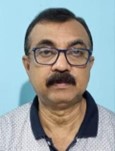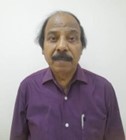Department of Forensic Medicine and Toxicology
The Department of Forensic Medicine and Toxicology at Agartala Government Medical College (AGMC) is responsible for teaching, research, and providing expert forensic services. Below is an outline of the department's scope and functions:
1. Academic Curriculum:
The department offers comprehensive education in forensic medicine and toxicology for undergraduate (MBBS) and postgraduate students. The key areas include:
- Forensic Pathology: Study of post-mortem examination techniques to determine the cause of death, injury analysis, and medicolegal aspects.
- Medical Jurisprudence: Laws related to medical practice, patient rights, and doctor-patient confidentiality.
- Forensic Toxicology: Study of poisons, their effects on the human body, detection methods, and treatments.
- Clinical Forensic Medicine: Assessment of injuries, intoxication, sexual assaults, and other cases that require medicolegal evaluation.
- Criminology and Ethics: Understanding the ethical responsibilities of medical practitioners in forensic cases.
2. Laboratories and Facilities:
The department is equipped with specialized laboratories for forensic investigations and toxicology analysis:
- Forensic Histopathology Lab: Enables the microscopic study of tissue samples for determining causes of injury or disease in legal cases.
- Toxicology Lab: Focuses on the detection and analysis of poisons and drugs in biological samples using advanced techniques like chromatography and spectroscopy.
- Autopsy Suite: Provides facilities for conducting medicolegal autopsies to investigate causes of sudden, suspicious, or unnatural deaths.
3. Faculty:
The department comprises experienced forensic medicine experts who guide students through the medico-legal aspects of medical practice, including autopsies, forensic toxicology, and injury documentation.
4. Workshops, Seminars, and Conferences:
The department frequently organizes:
- Workshops on Medico-Legal Reporting: Training in injury documentation, post-mortem examination, and death certification.
- Seminars on Forensic Toxicology: Discussing the latest developments in the detection and analysis of poisons and drugs in medico-legal cases.
- Conferences on Medical Ethics and Law: Exploring the legal responsibilities of healthcare professionals in forensic cases.
5. Facilities and Resources:
- Lecture Halls: Equipped with multimedia resources for delivering interactive lectures on forensic medicine.
- Morgue Facilities: The department operates a well-equipped morgue for conducting medicolegal autopsies, including facilities for preserving bodies.
- Toxicology Lab: Modern facilities for detecting poisons, drugs, and other toxic substances in biological samples.
- Library Resources: Access to textbooks, journals, and case reports on forensic medicine, medical jurisprudence, and toxicology.
6. Research and Publications:
The department engages in research and publishes findings in areas like:
- Causes of death and injury patterns in medicolegal cases.
- Detection of newer poisons and their treatment protocols.
- Studies on the correlation between toxicology results and clinical findings.
- Medicolegal ethics and the evolving role of medical practitioners in the legal system.
7. Student Involvement:
- Practical Training: Students participate in autopsies, forensic investigations, and toxicology testing, gaining practical skills in medicolegal cases.
- Case Studies: Students are encouraged to study real-life medico-legal cases, preparing them for court testimonies and report writing.
- Research Opportunities: Undergraduate and postgraduate students are involved in research projects related to forensic medicine, injury analysis, and toxicology.
8. Collaborations:
The department collaborates with law enforcement agencies, the judiciary, and public health institutions in handling medicolegal cases and toxicological analysis.
9. Future Directions:
The department aims to:
- Expand forensic toxicology services with advanced methods for detecting emerging poisons and drug abuse cases.
- Enhance research in areas like forensic anthropology, DNA analysis, and injury biomechanics.
- Provide specialized training courses in medicolegal autopsy and forensic toxicology.
